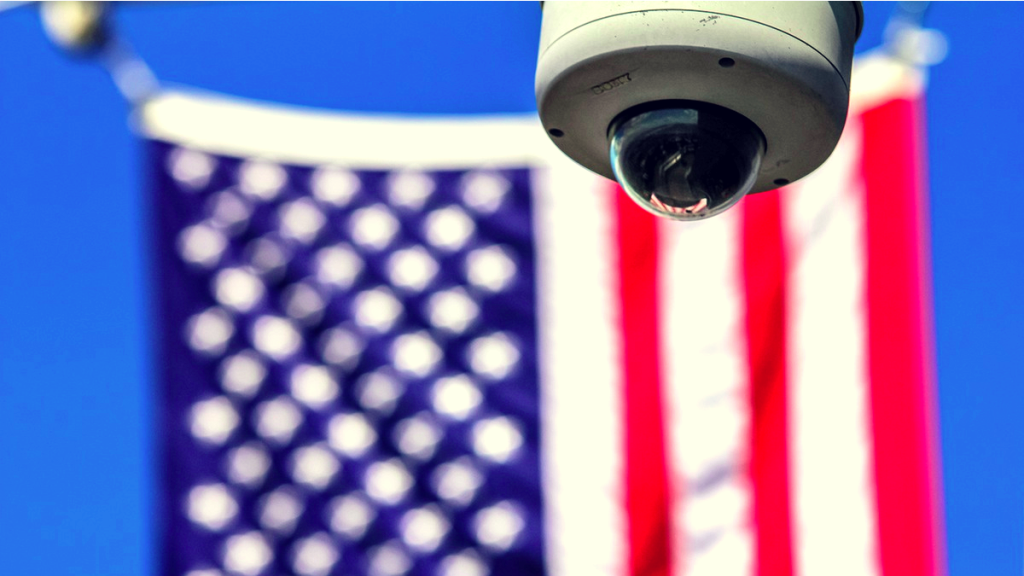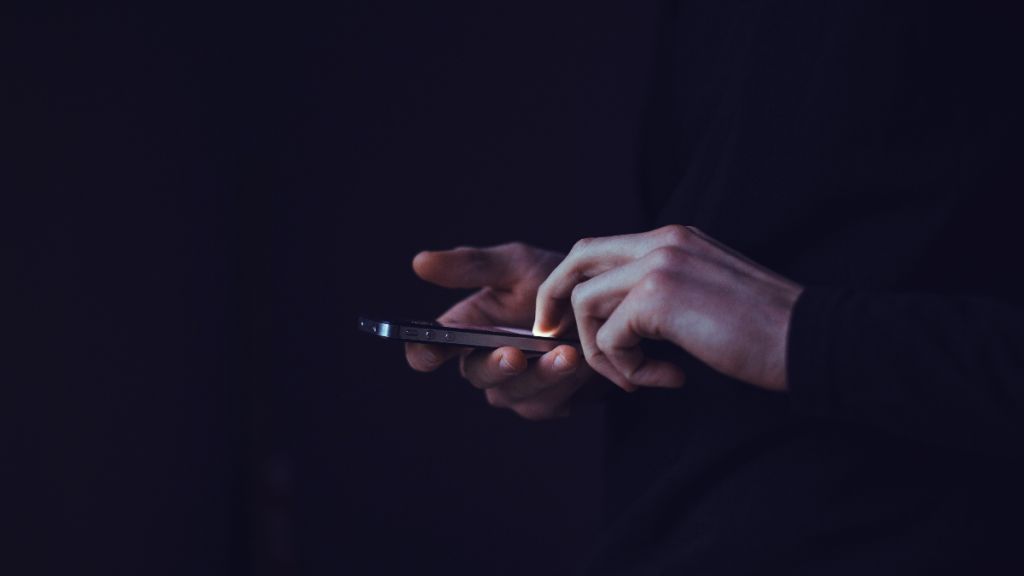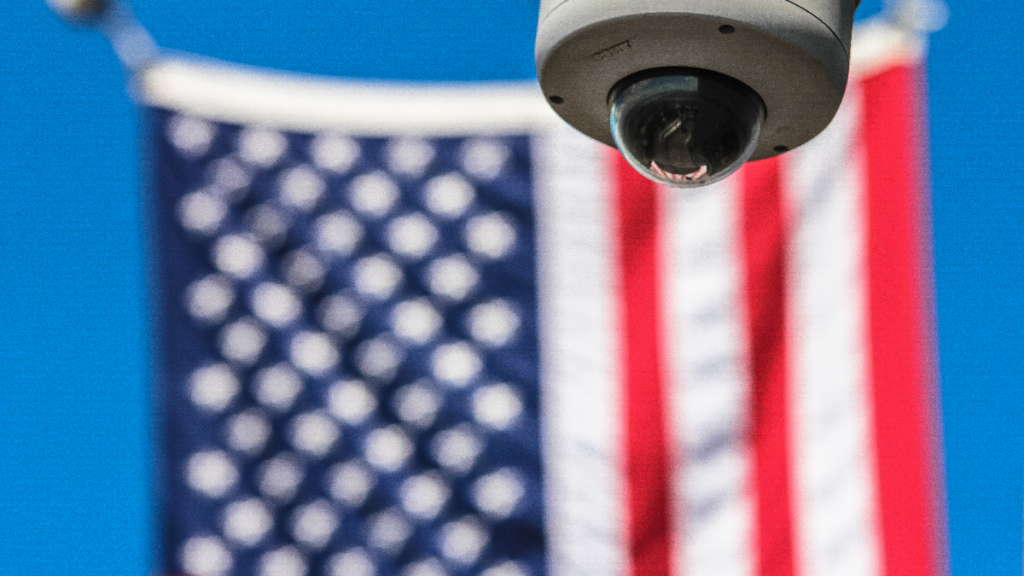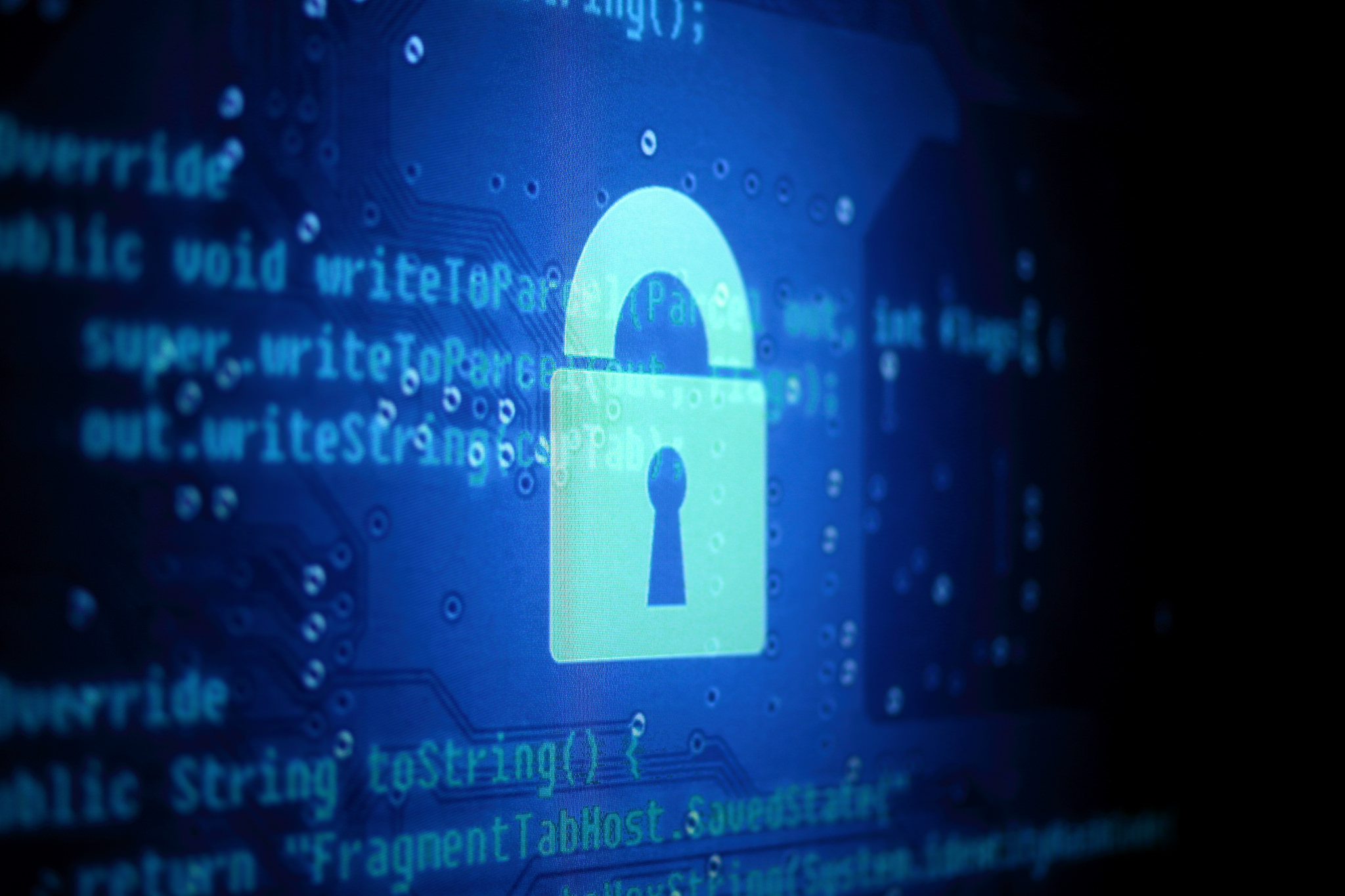Tag: Surveillance


Why freedom matters more than safety
October 9, 2023 | Post
Safety is, of course, to be valued, but some important questions do arise, particularly in the context of our 21st-century challenges: Are we sacrificing too much freedom in the pursuit of safety? Is freedom more important than safety, and if so, why?

How financial surveillance and inflation are used to rob Americans
December 22, 2022 | Post
While inflation continues to severely impact the financial security of Americans, the IRS has warned business owners that they are legally obligated to report financial transactions of over $600 made through payment facilitators such as Venmo, CashApp, and PayPal.

Why we’re being watched: Top 6 Learn Liberty resources for understanding the new CIA leaks
March 10, 2017 | Post
Here are the top six Learn Liberty resources for interpreting Wikileaks’ “Vault 7” documents on the CIA.

Why requiring Muslim visitors to register with Homeland Security is unjust
February 27, 2017 | Post
Throughout the presidential campaign, there was much talk of a Muslim registry. Fortunately, that seems to have fallen by the wayside since the election, and the Trump administration has been consistent, thus far, in denying it will pursue one. Still, we should remain vigilant about it because something similar is still on the table: a […]

President Trump's 6 biggest threats to liberty
January 20, 2017 | Post
Donald Trump is president. Here are his six biggest threats to liberty.

Encryption is a human rights issue: Your privacy and free speech depend on it
December 21, 2016 | Post
Encryption was at the heart of the ideas that led to the America’s founding.

3 libertarian takeaways from South Park season 20 (SPOILERZ)
December 14, 2016 | Post
While the singing Christmas turds of seasons past will always be funny, it is South Park’s growing, full-throated defense of liberal values like free expression, privacy, anti-authoritarianism, and individualism that will forge its larger legacy.

‘I am a Liberal’: How one man brought down Britain’s national ID system
December 10, 2016 | Post
In 1950, a British dry cleaner refused to show his papers and brought down the whole system of national identity registration.

AT&T Requires Police to Hide Hemisphere Phone Spying
November 9, 2016 | Post
Every day, AT&T adds four billion call records to Hemisphere, making it one of the largest known reservoirs of communications metadata that the government uses to spy on us.

Why Doug (like other low-income Americans) doesn’t trust authority
October 29, 2016 | Post
I’ll take “Best nuanced commentary on contemporary American politics” for $500.

You Have a Constitutional Right to Record Public Officials in Public
October 12, 2016 | Post
The first amendment protects the rights of individuals to record the actions of government officials in public. US Customs and Border Protection disagrees.

The Police Know Where You Live
October 7, 2016 | Post
An Associated Press investigation has revealed that, across the United States, police officers abuse their access to confidential databases to look up information on neighbors, love interests, politicians, and others who had no connection to a criminal investigation. The databases house intensely personal information—not just criminal histories, but car registration, home addresses, phone numbers, and […]

The Week in Review: Cannabis, Chess, and Market Competition
October 7, 2016 | Post
We’re just a month out from what’s sure to be a historic presidential election. Check out the links below to get caught up before heading into the weekend. The United States suspended talks with Russia as the situation in Syria escalates following a failed ceasefire just weeks ago. Women’s U.S. chess star Nazi Paikidze is […]

Will This News Stop You From Protesting?
August 31, 2016 | Post
Earlier this month, the FBI released footage of the protests in Baltimore following the death of Freddie Gray filmed from the Bureau’s surveillance aircraft. While the FBI spy planes were called in to help police deal with the violent riots which broke out in Baltimore, the FBI also recorded hours of footage of peaceful daytime […]

Are Foreign and Domestic Policy Really that Different?
July 28, 2016 | Post
Pundits like to talk about foreign and domestic policy as if they are completely separate concerns. But as University of Tampa professor Abby Hall has been explaining in Learn Liberty’s six part series on foreign policy, there is not as much distinction between them as people often think. In fact, foreign policy often boomerangs back […]

When Your Foreign Spying Program Become a Tool to Control Your Own People
July 22, 2016 | Post
The recent public fight between Apple and the FBI as well as the controversy over the Edward Snowden leaks make it seem as though government spying on American people is a recent phenomenon. In fact, government surveillance of U.S. citizens goes back over 100 years. Martin Luther King, for instance, was spied on extensively for […]

Three Years After the Snowden Leaks: What We’ve Learned
June 12, 2016 | Post
Three years ago, Edward Snowden began leaking National Security Agency documents that detailed widespread and systemic U.S. government spying on American people. Among the surveillance programs Snowden revealed were “PRISM,” which mass collects the e-mail, voice, text, and video chats from tech companies, “XKeyscore,” which allows government analysts to search through massive databases of emails, […]

These 1970s Court Cases Give Police Your Location Data With No Warrant
June 3, 2016 | Post
An appeals court ruled recently that police don’t need a warrant to access your cell phone’s location data. Several cases challenging law enforcement’s warrantless access to location data have come up in recent years as cell phones technology advanced. The recent ruling, despite dealing with new technology, is based on a precedent set by court […]

The FBI Still Wants to Read Your Email
June 3, 2016 | Post
Despite recent setbacks, the FBI is still trying to expand its power to access citizens’ communications. This time, it wants to read your emails. Not long ago, the FBI dropped its suit against Apple. The intelligence agency was demanding that Apple devise a backdoor into an iPhone—had the FBI won, it could have set a […]

Debate Over Whether FISA Lets The Government Spy on Americans Set to Escalate
May 20, 2016 | Post
The tension between government surveillance, citizens’ privacy, and national security has been an ongoing issue for years. From concerns over the Patriot Act, Edward Snowden’s leaks and the controversy over NSA surveillance, and more recently the FBI’s case against Apple over encryption, evolving technology is constantly raising new questions about surveillance and privacy.

WhatsApp, Encryption, and Your Right to Privacy
May 19, 2016 | Post
The messaging service WhatsApp has run into problems with the Brazilian government for failing to turn over data relating to a criminal investigation. With over one billion users, the wildly popular app features a major benefit that many governments disapprove of: it encrypts all messages sent through the app. This is only the most recent […]

Discussion Question: Liberty and Security
February 5, 2016 | Post
In the summer of 2013, Edward Snowden revealed to the newspaper The Guardian that the NSA was monitoring the metadata and content of every American citizen’s electronic communications (metadata is the details of the message – to whom, when, where, etc.) in order to protect America from terrorist threats. Is the NSA going too far? […]

Foundation for Economic Education: The Ghosts of Spying Past
October 29, 2015 | Post
This post originally appeared on FEE.org on July 8th, 2015. Below is an excerpt. In the early days, the Internet was thoroughly insecure; its governmental and academic users trusted each other, and the occasional student prank couldn’t cause much damage. As it started becoming available to everyone in the early ‘90s, people saw the huge […]


